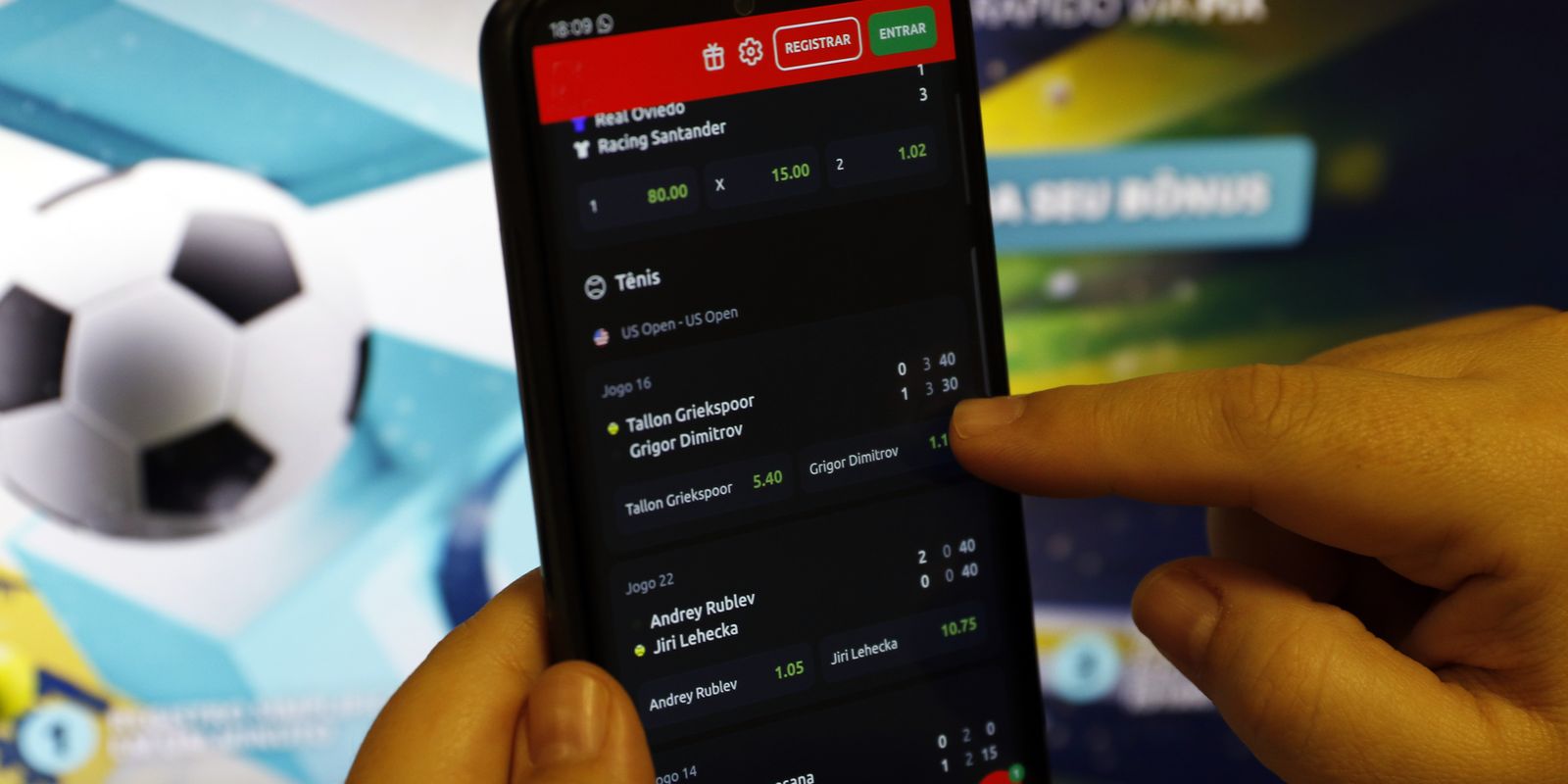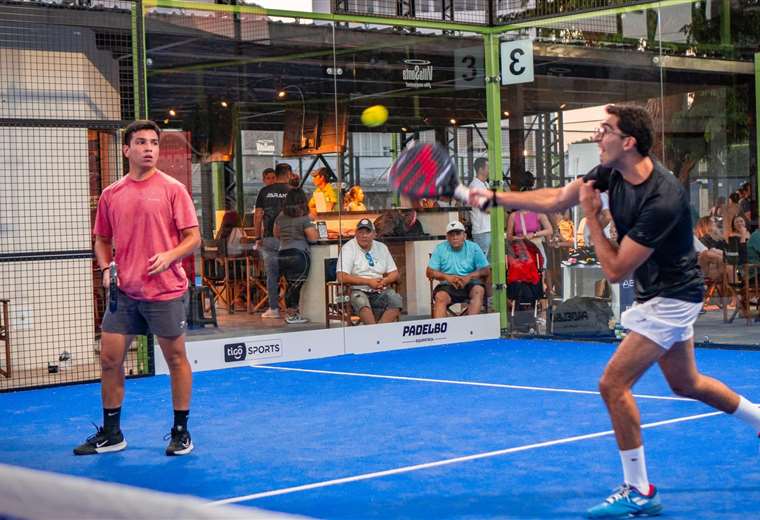Twenty-five million people started placing sports bets on electronic platforms in the first seven months of 2024, from January to July, an average of 3.5 million per month. To get an idea of this speed, the time interval is longer than the time it took for the coronavirus to infect the same number of people in Brazil – 11 months, between February 26, 2020 and January 28, 2021.
In five years, the number of Brazilians who bet on called bets reached 52 million. Of the total, 48% are considered new players – they bet in the first seven months of this year. The data is part of an opinion poll by the Locomotiva Institute, conducted between August 3 and 7. The habit of trying one’s luck on electronic platforms affects a population in Brazil the same size as the population of Colombia and larger than that of countries such as South Korea, Spain and Argentina.
The survey outlined a profile of bettors. Fifty-three percent are men and 47% are women. Four out of ten players are between 18 and 29 years old; 41% are between 30 and 49 years old; and 19% are 50 years old or older. Eight out of ten are people from classes CD and E; and two out of ten are from classes A or B.
Seven out of ten gamblers usually gamble at least once a month. Sixty percent of those who have already won a bet use at least part of the prize money to try another bet. For the president of Instituto Locomotiva, Renato Meirelles, the ease of placing bets on mobile phones, the advertising appeal of bets sponsoring Brazilian teams and championships, and the dynamics of the game are all attractions of gaming platforms. online.
“People bet on who will score the goal, whether the goal will be scored in the first or second half, what the Brazilian Championship table will be like, whether someone will get a red card or not… This logic makes the person gain something. In the end, they lose more than they win, but this feeling of winning is a very strong feeling in their head. And this ends up permeating this imaginary that they are always winning,” says the president of Instituto Locomotiva.
dirty name
The Locomotiva Institute also found that 86% of people who gamble are in debt and that 64% have a negative credit rating with Serasa. Of the universe of people in debt and in default in Brazil, 31% gamble on bets. “When a person in debt chooses to gamble, often with the prospect of getting out of debt, there is something wrong with that,” ponders Renato Meirelles.
The economic situation helps to understand why “making money” is the main reason given for placing sports bets online (53%) – above “fun/entertainment/pleasure” (22%); “excitement and adrenaline” (10%); “passing time” (7%); “curiosity” (6%); and “relieving stress” (2%).
Meirelles considers the phenomenon of electronic sports betting “a pandemic” with effects on mental health. The survey gathered information and opinions about the psychological impact of betting. Sixty-seven percent of those interviewed know people who are “addicted to sports betting.”
Emotional state
Among those interviewed, there are those who believe that gambling increases anxiety (51%); causes sudden mood swings (27%); can generate stress (26%) and feelings of guilt (23%). As for those interviewed who place bets onlinesix out of ten admit that the practice affects their emotional state and causes negative feelings such as anxiety (41%); stress (17%) and guilt (9%).
The research report points to a lack of control among some gamblers. According to the data, 45% of the gamblers interviewed admit that sports betting “has already caused financial losses”, 37% say they have used “money intended for other important things to bet online” and 30% said they had “damaged personal relationships”.
But positive feelings such as excitement (54%); happiness (37%) and relief (11%) are also mentioned. For 42%, sports betting online “are a way to escape from problems or negative emotions.”
The Locomotiva Institute survey interviewed 2,060 people, aged 18 or over, from 142 cities across the country. The survey was conducted between August 3 and 7, via telephone using a self-filling platform. The margin of error is of 2.1 percentage points at a 95% confidence interval.
The growth in bettors from January this year occurred after the sanction of Law 14.790/2023which regulated betting activity in Brazil. Currently, the Ministry of Finance is analyzing 113 regulatory requests of betting platforms online.
















